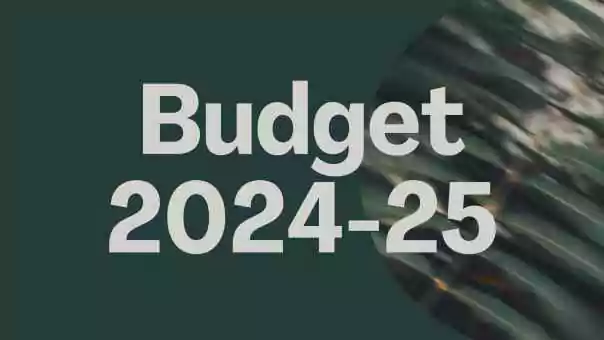PkRevenue.com – Analysts at Topline Securities Limited have predicted that strict fiscal measures will be implemented in the forthcoming federal budget for 2024-25 to align with the requirements of the new loan program with the International Monetary Fund (IMF).
These measures are seen as crucial steps toward stabilizing Pakistan’s economy and securing the much-needed financial support from the IMF.
The newly formed coalition government, led by the Pakistan Muslim League-Nawaz (PML-N), is set to present its first budget for 2024-25 between June 7 and June 10, 2024, in the parliament. This timeline coincides with the anticipated announcement of a Staff Level Agreement (SLA) with the IMF, expected by the end of June 2024 or early July 2024. The SLA is contingent on satisfactory compliance with prior actions and amendments in tax laws through the finance bill of 2024-25.
Topline Securities analysts believe that the FY25 budget will be a key prior action required by the IMF. The budget will focus on achieving a primary surplus of Rs 500-700 billion, which is approximately 0.4-0.5% of the GDP. Additionally, the Federal Board of Revenue (FBR) will target revenue collection of Rs 11-11.5 trillion, marking an 18-20% increase from the estimated figures of Rs 9.2-9.4 trillion for this year.
Major Revenue Measures: The government is likely to introduce several revenue-enhancing measures, including:
1. Increasing the General Sales Tax (GST) by 1% to 19%.
2. Introducing taxes on pensioners.
3. Removing exemptions in FATA/PATA.
4. Increasing tax rates on non-tax filers.
5. Implementing a Carbon Tax or raising the Petroleum Development Levy (PDL).
6. Reforming personal income tax.
7. Imposing taxes on retailers and wholesalers.
8. Increasing the Federal Excise Duty (FED) on cigarettes.
9. Removing exemptions or increasing sales tax on goods listed in Schedules 5, 6, and 8, such as pharmaceuticals and food items.
Other countries under IMF programs have taken similar measures, including introducing gift taxes, wealth transfer taxes, and inheritance taxes; removing sector-specific exemptions; imposing VAT on non-residents’ e-commerce; streamlining VAT laws; eliminating tax exemptions for State-Owned Enterprises (SOEs); imposing environmental surcharges on multiple car ownerships; and increasing taxes on land registration and foreign travel.
Economic Indicators: The government is reportedly setting a GDP growth target of 3.6% and an inflation target of 12.5-12.7%. While the GDP growth target aligns with Topline Securities’ estimates, the firm expects a slightly higher inflation rate of 13.0-13.5% for FY25.
Impact on Stock Market: The budget’s immediate impact on the stock market is expected to be neutral to negative. However, if the government introduces realistic revenue measures to meet the IMF’s tax collection targets, the market is likely to respond positively in the medium term. The budget is viewed as a critical step toward securing a new IMF program, which could lead to a price-to-earnings (PE) re-rating of the market. Topline Securities projects that the current forward PE ratio of 3.8x could revert to its historical mean of 6.93x, contingent on the successful commencement and completion of the new IMF program.
To meet the high tax target, the government may increase taxes on dividends, capital gains, and interest income. Any changes in the tax status from full and final to normal tax could impact net returns for stock market investors. Despite potential short-term negative effects on corporate earnings, the market is expected to focus on the long-term benefits of the IMF program.
Analysts forecast that the KSE-100 index could reach 87,000 points by December 2024 and 106,000 points by June 2025, assuming the successful implementation and review of the IMF program.
As the budget announcement approaches, investors will be closely watching for details on the proposed measures and their implications. The alignment with IMF requirements is crucial for Pakistan’s economic stability and the stock market’s future trajectory.
